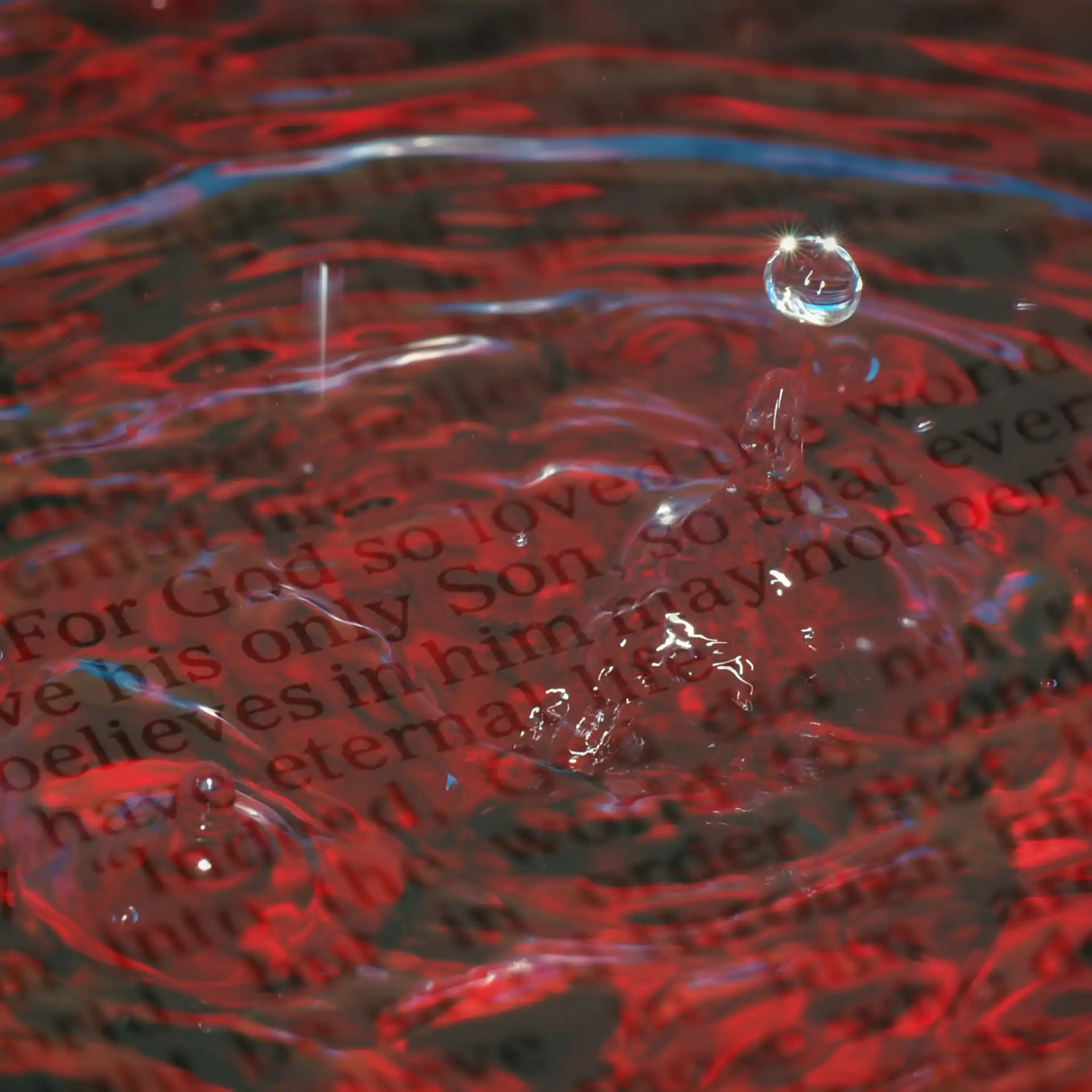What to do with the bread and chalice left over at Holy Communion
The celebration of the Holy Supper is one of the most important moments for Christians. It is an opportunity to remember the sacrifice of Jesus Christ and to renew our faith and commitment to Him. During the celebration, bread and wine (or grape juice) are shared among the participants as symbols of the body and blood of Christ. But what to do with the bread and chalice left over after the celebration? That’s what we’re going to talk about in this Bible study.
What is the Holy Supper?
Before we talk about what to do with the bread and chalice left over from the Holy Supper celebration, it is important to understand what Holy Supper itself is. The Bible tells us about the institution of the Holy Supper by Jesus Christ in Matthew 26:26-28: “While they were eating, Jesus took bread, gave thanks, broke it, and gave it to his disciples, saying, eat; this is my body”. Then he took the cup, gave thanks and offered it to the disciples, saying: “Drink from it, all of you. This is my blood of the covenant, which is shed for many for the forgiveness of sins.”
The celebration of Holy Communion is therefore an opportunity for Christians to remember Jesus Christ’s sacrifice for us on the cross and renew their commitment to Him. It is a moment of reflection, gratitude and communion with other brothers in Christ.
What does the Bible tell us to do with the leftover bread and cup?
When we participate in Holy Communion, there is usually enough bread and wine (or grape juice) for all the participants. But sometimes there is some bread or wine left over at the end of the celebration. What should we do with these elements? The Bible doesn’t give us a clear answer on this, but we can look to other biblical principles for guidance.
Principle of Gratitude and Waste
An important biblical principle related to this subject is that of gratitude and waste. God has given us many blessings, including the food and drink we consume. We should be grateful for these blessings and use them wisely. On the other hand, we must also avoid waste, as this is a way of disrespecting God and what He has given us.
We can apply this principle to the Lord’s Supper situation. If there is any bread or wine left over, we should be grateful that we had the opportunity to participate in the celebration and remember the sacrifice of Jesus Christ. At the same time, we must avoid waste and seek a way to use these elements in a way that is respectful and consistent with Christian values.
Principle of communion and sharing
Another important principle that we can apply to the situation of what to do with the leftover bread and cup is that of fellowship and sharing. The celebration of the Holy Supper is a moment of communion among the brothers in Christ, where everyone partakes together of the same bread and the same wine (or grape juice) as symbols of Christ’s presence. This principle also applies to what to do with leftover elements.
If there is any bread or wine left over from the Holy Supper celebration, we can find a way to share it with others who were unable to attend the celebration. We can take the bread and wine (or grape juice) to others at home, in the hospital, in a nursing home, or anywhere else there might be people who would like to share in that special time of fellowship with Christ.
Principle of conscience and Christian freedom
Finally, it is important to remember that the Bible teaches us about the principle of Christian conscience and freedom. In 1 Corinthians 10:23-24 , the apostle Paul says, “Everything is permissible,” but not everything is beneficial. “Everything is permitted”, but not everything edifies. No one should seek his own interest, but that of others.
This principle teaches us that as Christians we have the freedom to do many things, but not all of them are beneficial to us or others. We must always seek to do what builds and benefits others, even if it means giving up our own freedom.
In the Lord’s Supper situation, we can apply this principle to what to do with the bread and cup left over. If we are not sure what to do with these elements, we can pray to God and seek the guidance of the Holy Spirit. We can also seek advice from spiritual leaders or brothers in Christ who are more experienced in the faith.
In summary, the Bible does not give us a clear answer about what to do with the bread and cup left over from the celebration of Holy Communion. However, we can look to biblical principles such as gratitude and waste, fellowship and sharing, and Christian conscience and freedom for guidance. By applying these principles, we can find a way that is respectful and coherent with the Christian faith to deal with the elements left over in the celebration of Holy Communion.
Conclusion
The celebration of the Holy Supper is a sacred and important moment for Christians. It is an opportunity to remember Jesus Christ’s sacrifice on the cross and renew our faith and commitment to Him. If there is a little bread or wine (or grape juice) left over in the celebration of Holy Communion, we can look to biblical principles such as gratitude and waste, fellowship and sharing, and Christian conscience and freedom for guidance.
According to the bible, after supper can we give the bread and juice left over to the members, considering that they have already been consecrated?
The Bible does not specify what should be done with the bread and juice left over after celebrating Holy Communion. However, we can apply biblical principles to decide what to do with these elements.
As mentioned earlier, one of the principles we can apply is that of fellowship and sharing. If there are any leftovers of bread or juice, we can look for ways to share them with church members who were unable to attend. This can be done by delivering the bread and juice to members’ homes or by organizing a fellowship time where leftovers are shared.
However, it is important to remember that these elements are symbols of Christ’s presence in the celebration of Holy Communion and, therefore, must be treated with respect and reverence. If we choose to share leftovers with members, we must do so respectfully and in an appropriate manner.
Also, it is important to remember that bread and juice do not have magical or supernatural power, and there is no need to consecrate them again. The consecration took place during the celebration of the Holy Supper and, after that moment, the bread and the juice became just symbols of the presence of Christ.
In summary, the Bible does not specify what to do with leftover bread and juice after celebrating Holy Communion. However, we can apply biblical principles like fellowship and sharing to decide what to do with these elements. It is important to treat them with respect and remember that there is no need to re-consecrate them.







